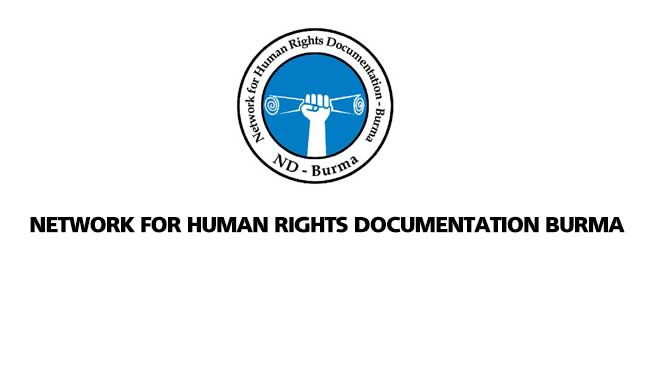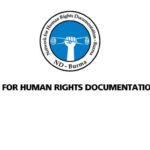Intimidation, Imprisonment and Repression: The Road to Military Victory in the 2010 Elections
In August of this year, the military regime announced they would hold elections on 7 November 2010. The possibility of elections, the first in 20 years, led to rigorous debate: would elections pave the way for genuine democratic reform or would it be business as usual in Burma. Network for Human Rights Documentation – Burma (ND-Burma) is not hopeful that there will be any improvement in the human rights situation for the people of Burma after the 2010 elections. The people of Burma have suffered under military rule for fifty years, facing numerous human rights violations on a daily basis throughout this period. Rather than advancing a democratic transition, the elections will cement military rule indefinitely.
Since January 2010, ND Burma, a cross ethnic 13 member human rights documentation organization, has focused its information gathering on election-related human rights violations. This report reveals that the regime, including its political party the Union Solidarity and Development Party (USDP), committed an array of human rights violations against the people of Burma in a deliberate attempt to ensure their victory at the polls. From January to October 2010, ND-Burma documented 247 election-related human rights violations, including intimidation and coercion; the denial of the right to make an informed decision; prevention from freely participating in or standing for election; and the denial of the right to freedom of expression, assembly and movement. The research shows that at every step of the pre-election process, democratic benchmarks for free, fair and credible elections were not met.
Throughout the election process, there has been no improvement in the human rights situation in Burma. Instead, mounting evidence attests that violations are widespread and systematic. Human rights violations occur throughout the country and are perpetrated directly by the military regime, as well as by military backed organizations such Union Solidarity and Development Association/Party, People’s Power Organization (Swan Arr Shin) and Myanmar Women’s Affairs Federation with the regime’s acquiescence. Those who abuse do so in a culture of impunity. There is no accountability for those who commit these crimes and no justice for the victims.
With the military regime ensuring its victory at the polls through the 2008 Constitution; its proxy political party the Union Solidarity and Development Party (USDP); and ongoing intimidation, imprisonment and repression, the future is set to be just as bleak, unless an inclusive tripartite dialogue for national reconciliation begins. For Burma to begin the process of genuine democratization, the prevailing culture of impunity must end.



